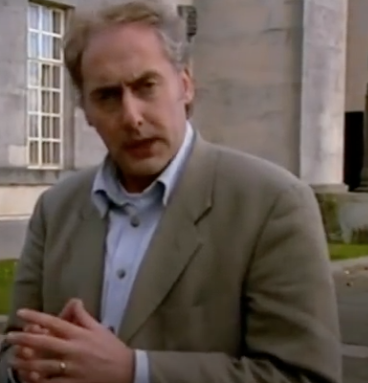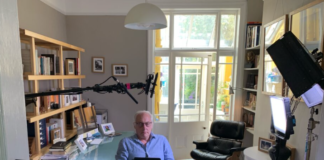- Rocket man - 2nd March 2026
- Death wish two - 2nd March 2026
- News to celebrate! - 1st March 2026

During 23 years with the BBC, and a 40 year journalistic career (when he was trained to use simple language, avoiding jargon), revealing facts which are uncomfortable to some has always been central for our Editor, Welshman Phil Parry, and fitting into this pattern perfectly is of how more and more information is emerging today that many household UK companies have their roots in the slave trade, but that Cardiff is fortunate.
Previously he has described how he was helped to break into the South Wales Echo office car when he was a cub reporter, recalled his early career as a journalist, the importance of experience in the job, and made clear that the ‘calls’ to emergency services as well as court cases are central to any media operation.
 He has also explored how poorly paid most journalism is when trainee reporters had to live in squalid flats, the vital role of expenses, and about one of his most important stories on the now-scrapped 53 year-old BBC Cymru Wales (BBC CW) TV Current Affairs series, Week In Week Out (WIWO), which won an award even after it was axed, long after his career really took off.
He has also explored how poorly paid most journalism is when trainee reporters had to live in squalid flats, the vital role of expenses, and about one of his most important stories on the now-scrapped 53 year-old BBC Cymru Wales (BBC CW) TV Current Affairs series, Week In Week Out (WIWO), which won an award even after it was axed, long after his career really took off.
Phil has explained too how crucial it is actually to speak to people, the virtue of speed as well as accuracy, why knowledge of ‘history’ is vital, how certain material was removed from TV Current Affairs programmes when secret cameras had to be used, and some of those he has interviewed.
Earlier he disclosed why investigative journalism is needed now more than ever although others have different opinions, and how information from trusted sources is crucial.
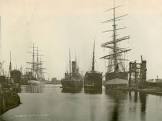
In some ways, more through accident than design, Wales can think itself lucky.
The country’s main port, Cardiff, has its roots in exporting coal, not involved in exporting people. Other docks, though, have an extremely questionable history.
For example, by the late 1730s Bristol had become Britain’s premier slaving port. In 1750 alone, the city’s ships transported some 8,000 of the 20,000 enslaved Africans sent that year to the British Caribbean and North America.
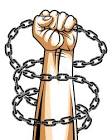
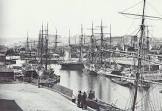
By the latter half of the century, however, Bristol’s position had been overtaken by Liverpool.
Between 1700 and 1807, ships from Liverpool carried about 1.5 million Africans.
Today, an increasing number of details are emerging about how many large UK companies were kick-started by this appalling trade in human beings.

An incredible total of firms can now be cited, but I’ll take just one example – Barclays. This is, perhaps, bizarre given that the bank has its roots in Quakerism, and you might have thought things would be different.
However, in 1756 there were 84 Quakers listed as members of the Company of Merchants Trading To Africa, among them the Barclays family.
This company largely administered the slave trade.
David Barclay, the founder of Barclays bank, built his fortune as a large-scale importer of Virginia tobacco, cultivated by slaves.
He also served as creditor to other (slave-holding) plantation owners in the British colonies.
Barclay took ownership of his estate, along with 32 slaves, in 1784 but it wasn’t until 1795 that he made the first steps towards setting them free.
In response to this information being made public, Barclays proclaimed: “David Barclay formed a committee of London Quakers to oppose the slave trade, and later became involved with the committee in taking the Quaker anti-slave trade message nationwide within the United Kingdom”.
This is true, but is, perhaps, selective.
It wasn’t mentioned, for instance, that Barclay had spent more than a decade discouraging other Quaker activists in North America such as Anthony Benezet from bothering the British Government with proposals to ban the slave trade.
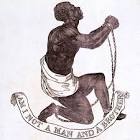 Yet the new information about other high-profile companies is NOT selective – it paints a full, if disturbing, picture.
Yet the new information about other high-profile companies is NOT selective – it paints a full, if disturbing, picture.
This PR person, and those speaking on behalf of other firms now, could be kept VERY busy in future…
Details of Phil’s astonishing decades-long journalistic career (when uncomfortable facts were often made public), as he was gripped by the rare and incurable neurological condition Hereditary Spastic Paraplegia (HSP), have been released in an important book ‘A GOOD STORY’. Order it now.

Regrettably publication of another book, however, was refused, because it was to have included names.










